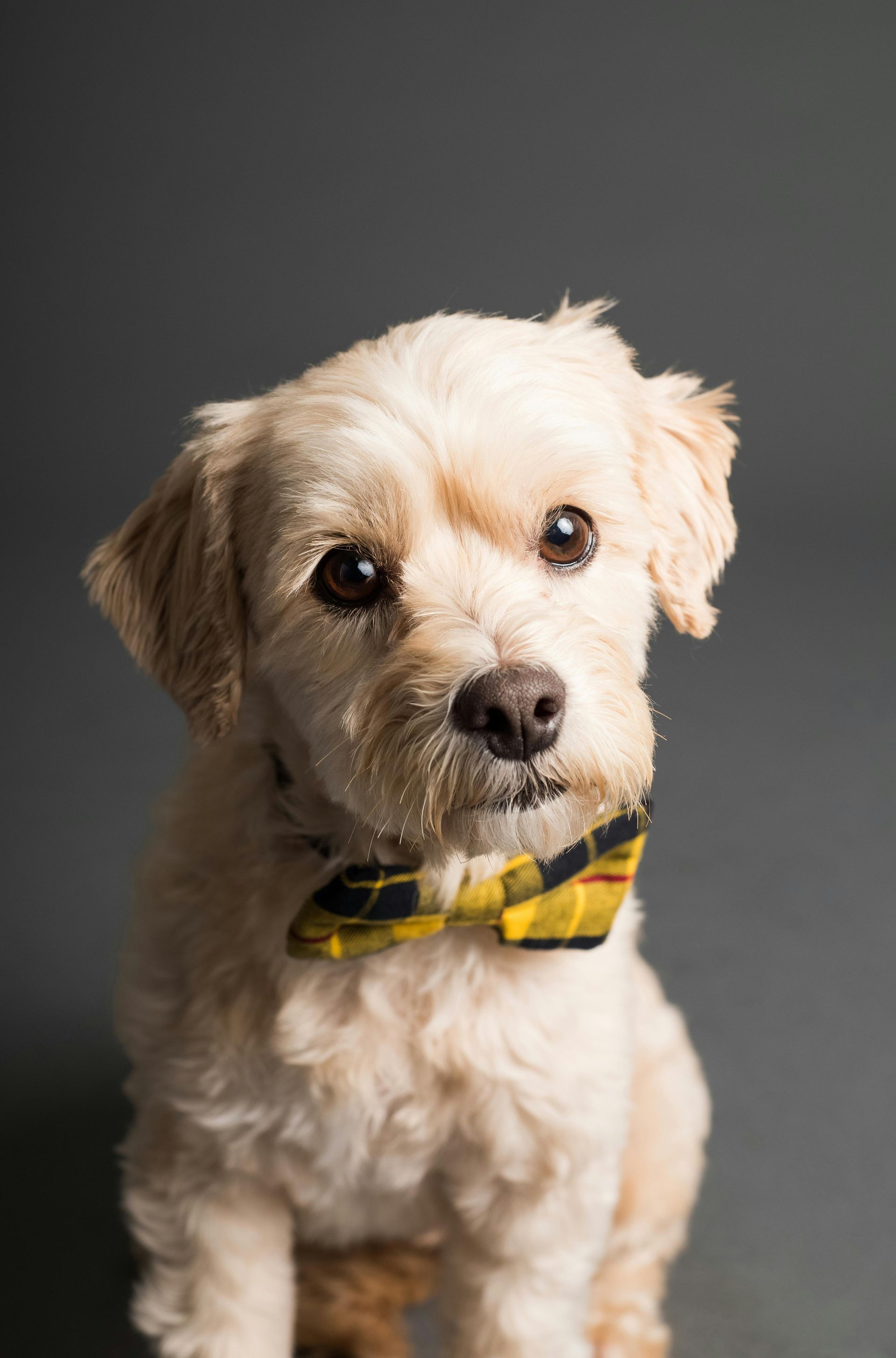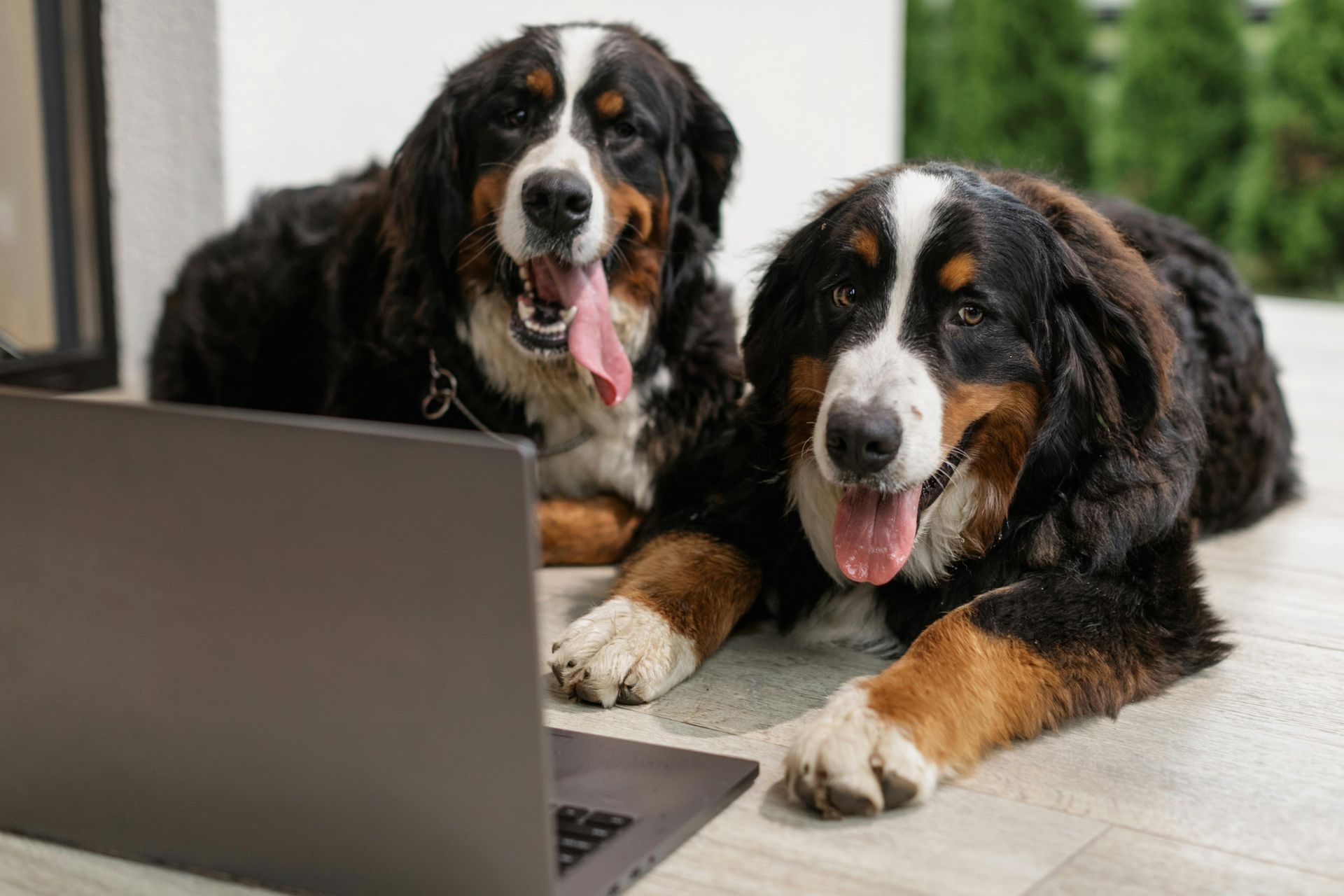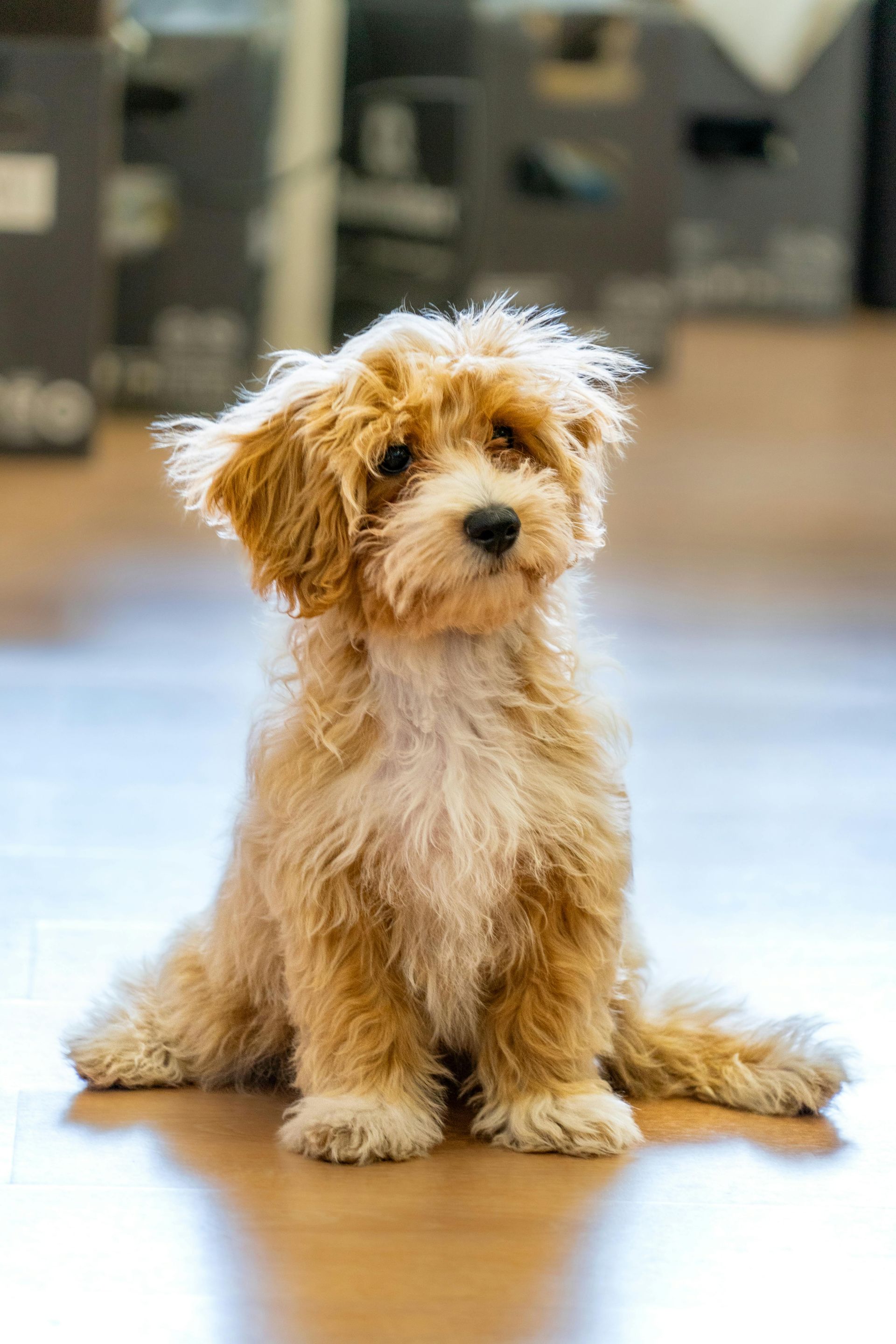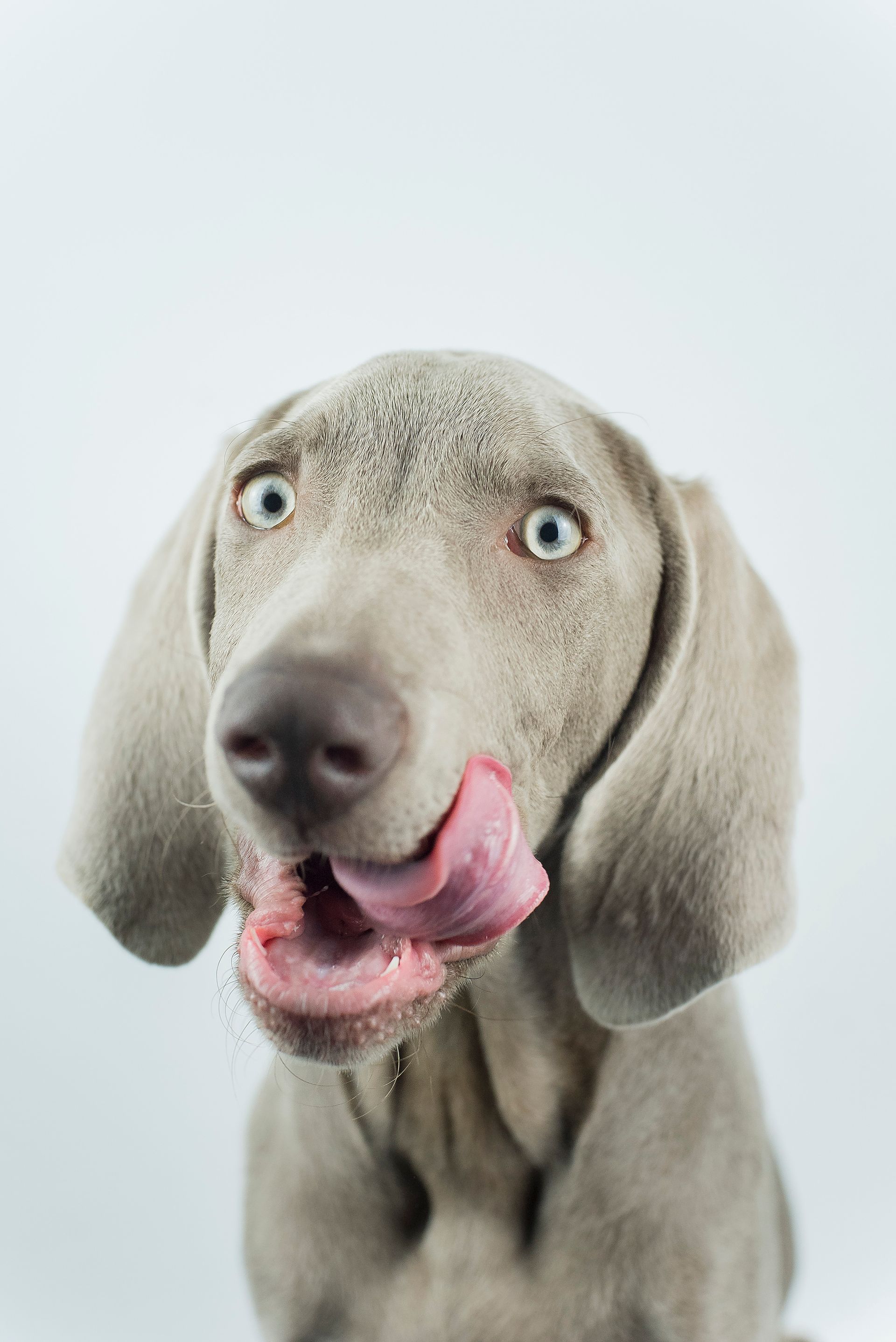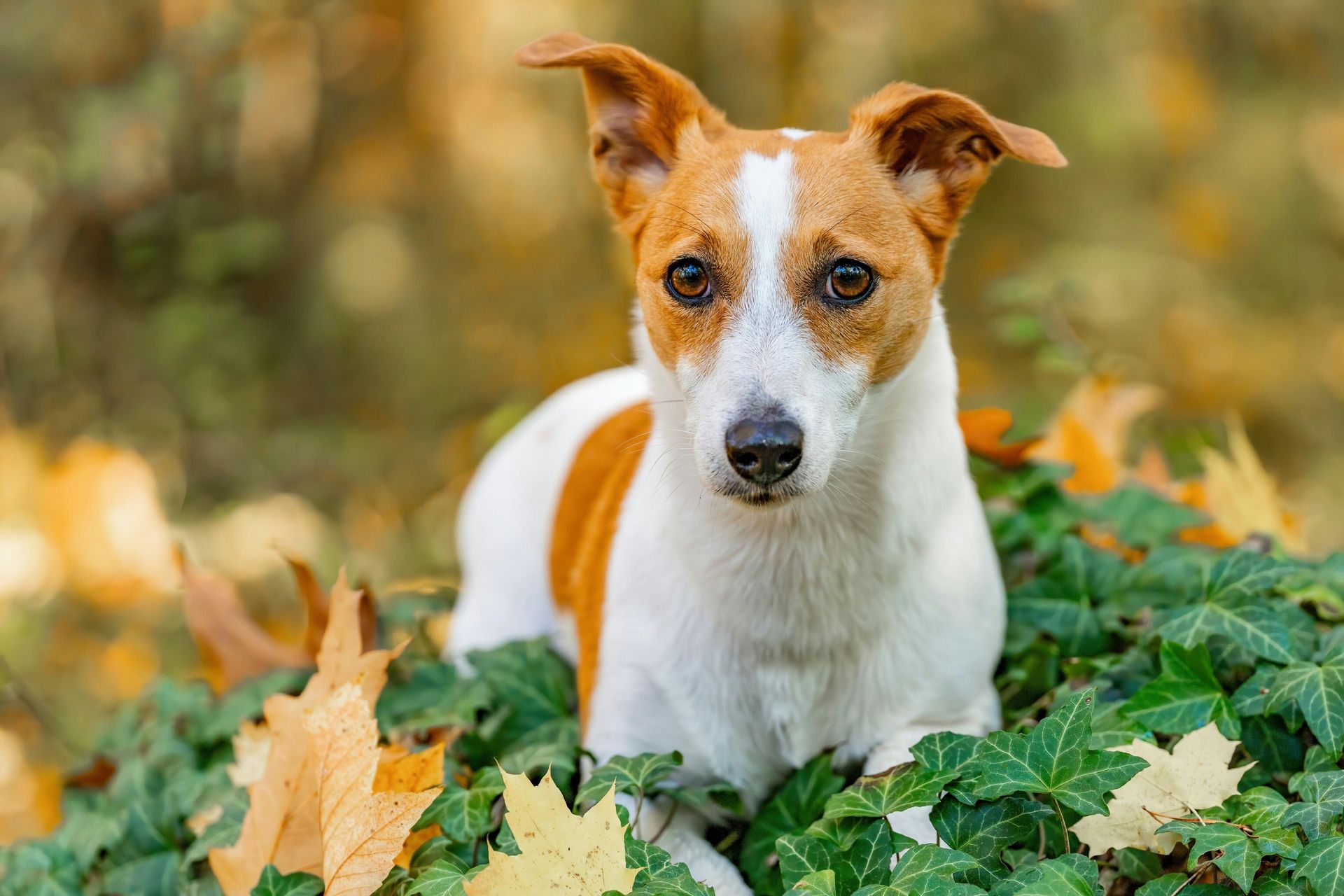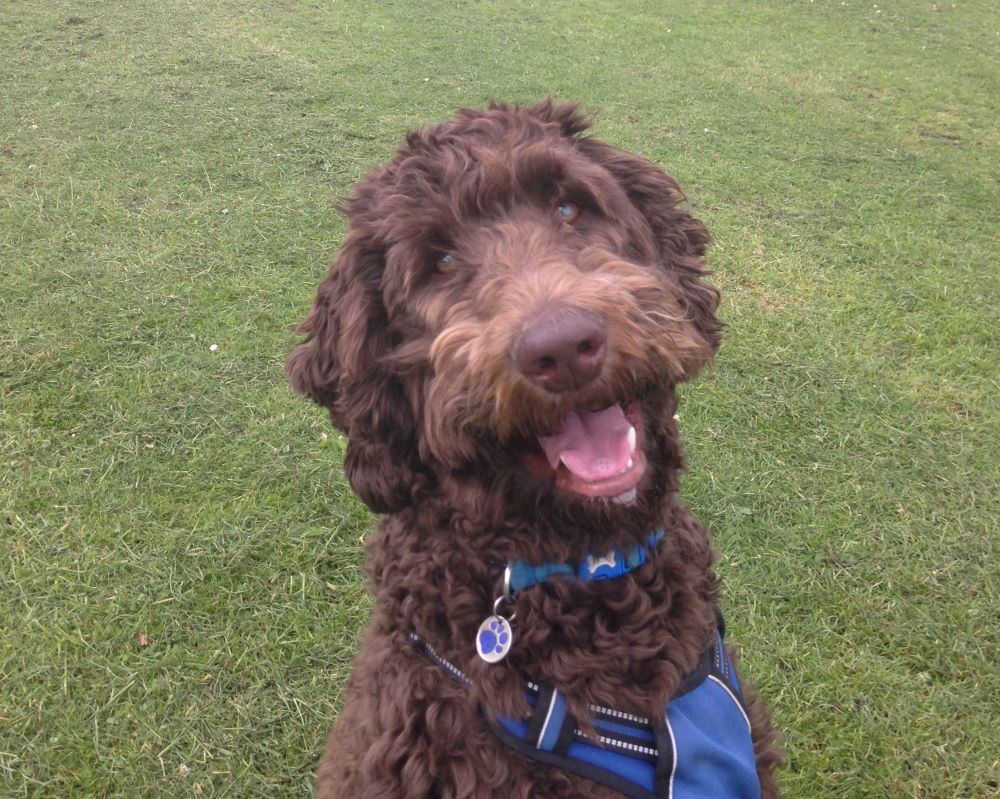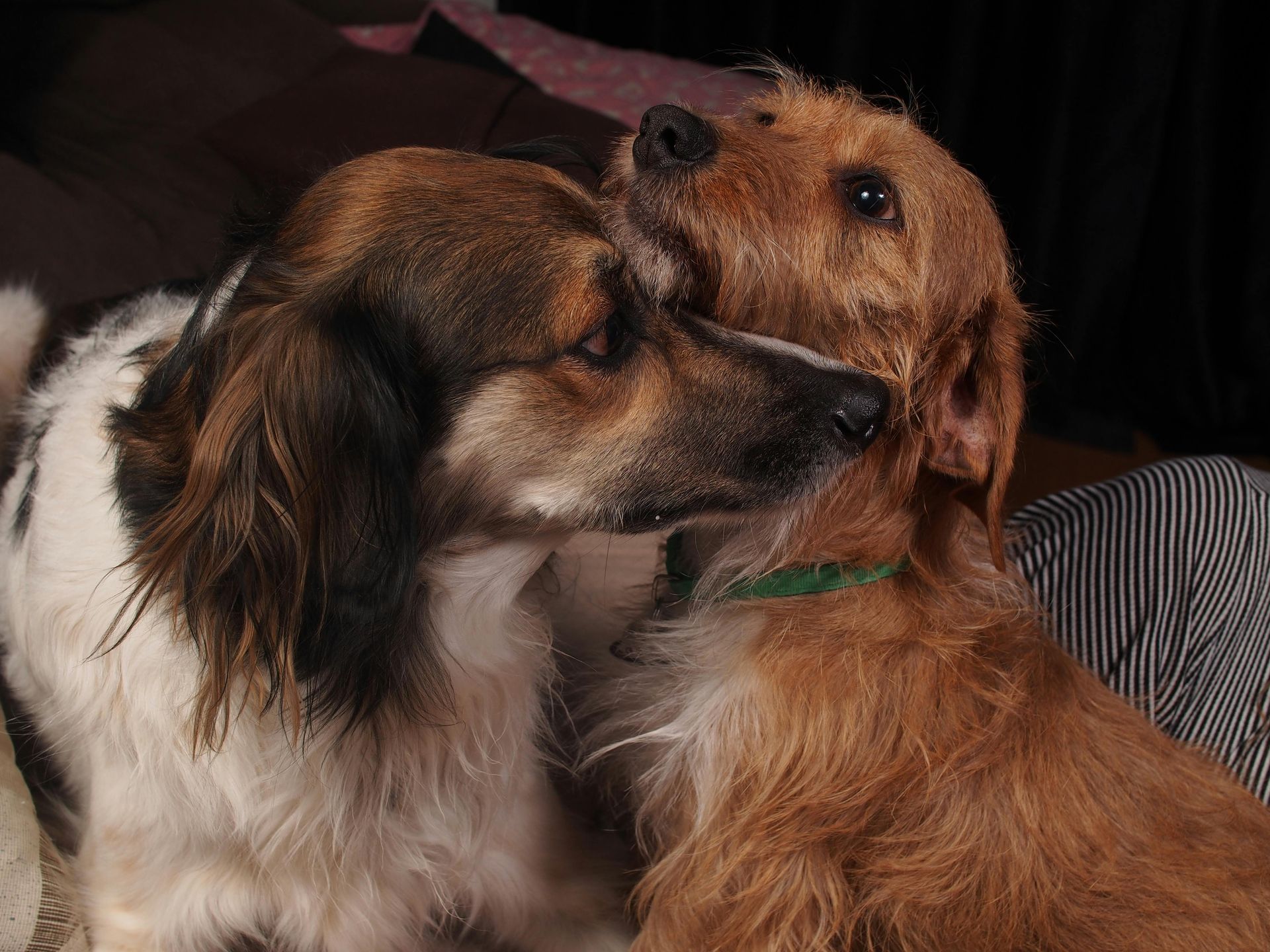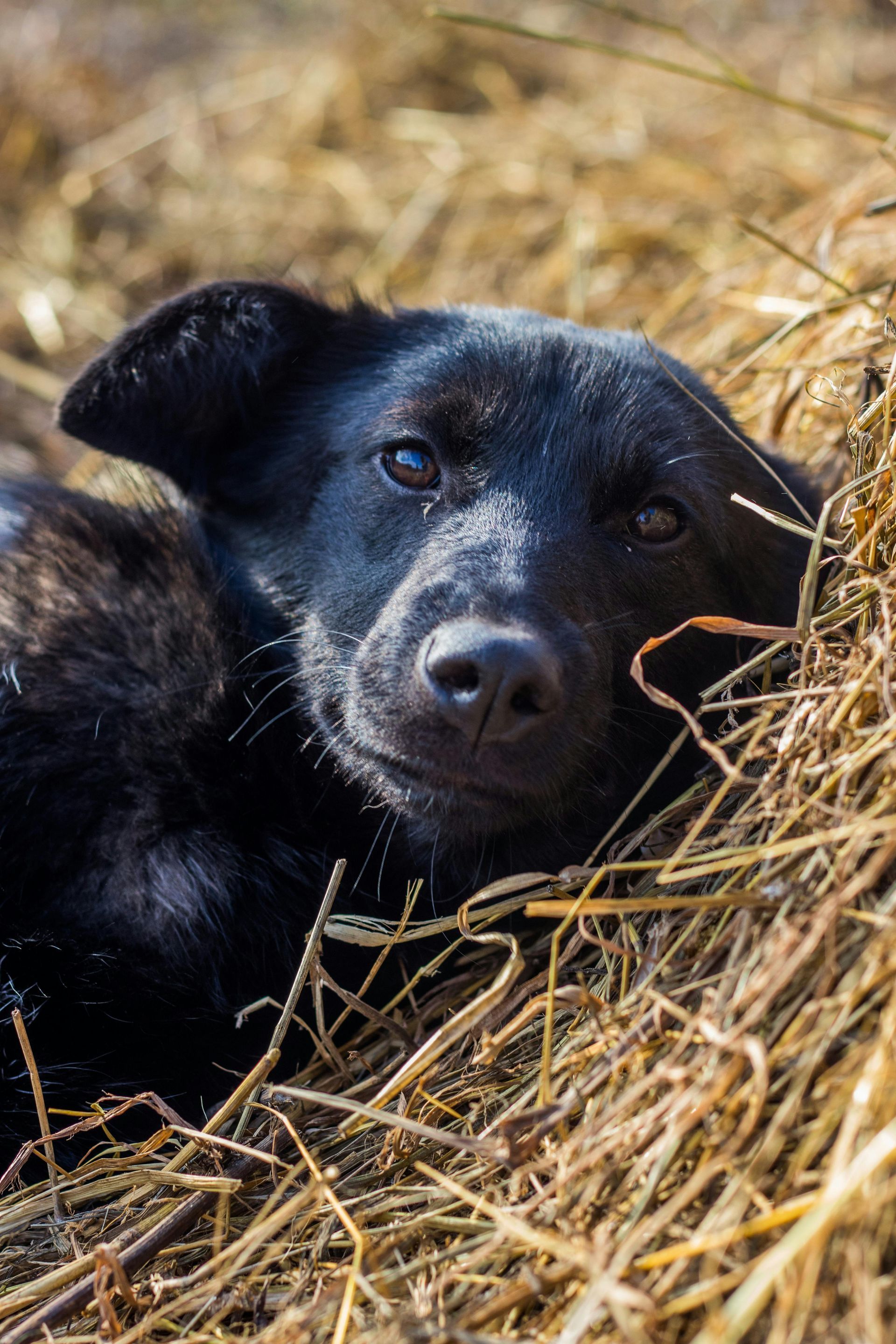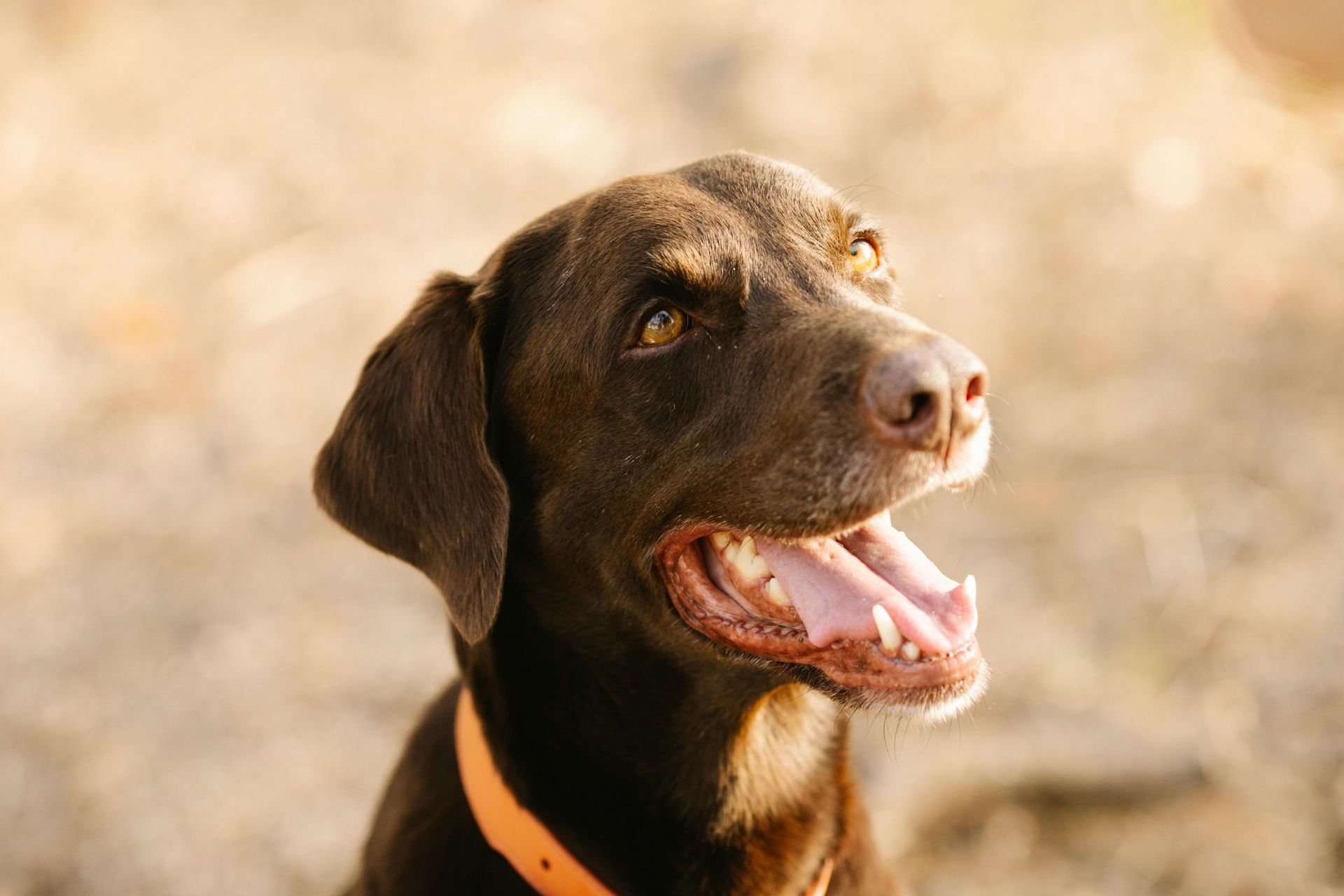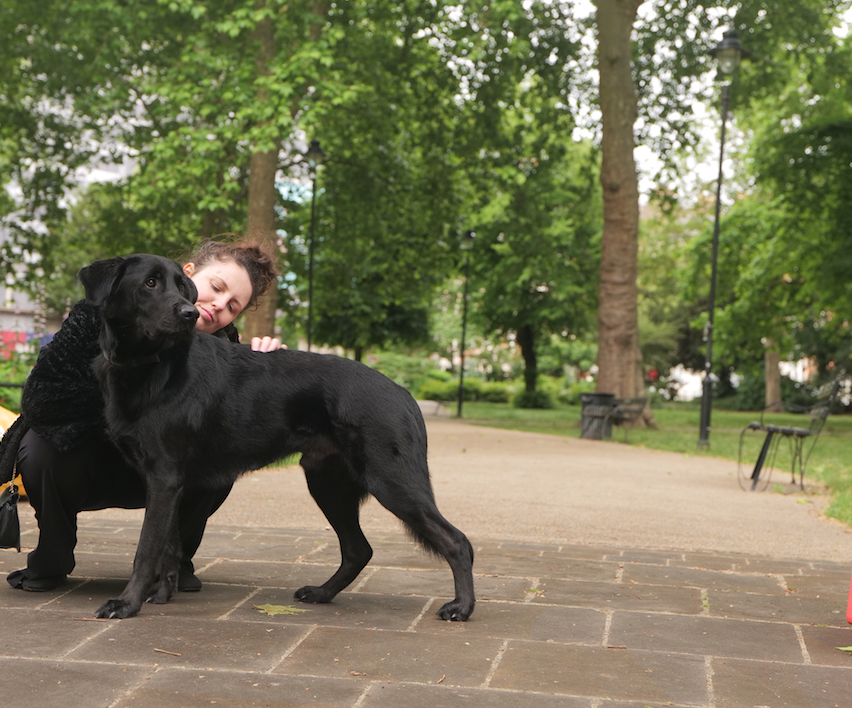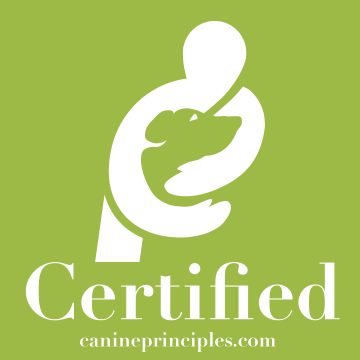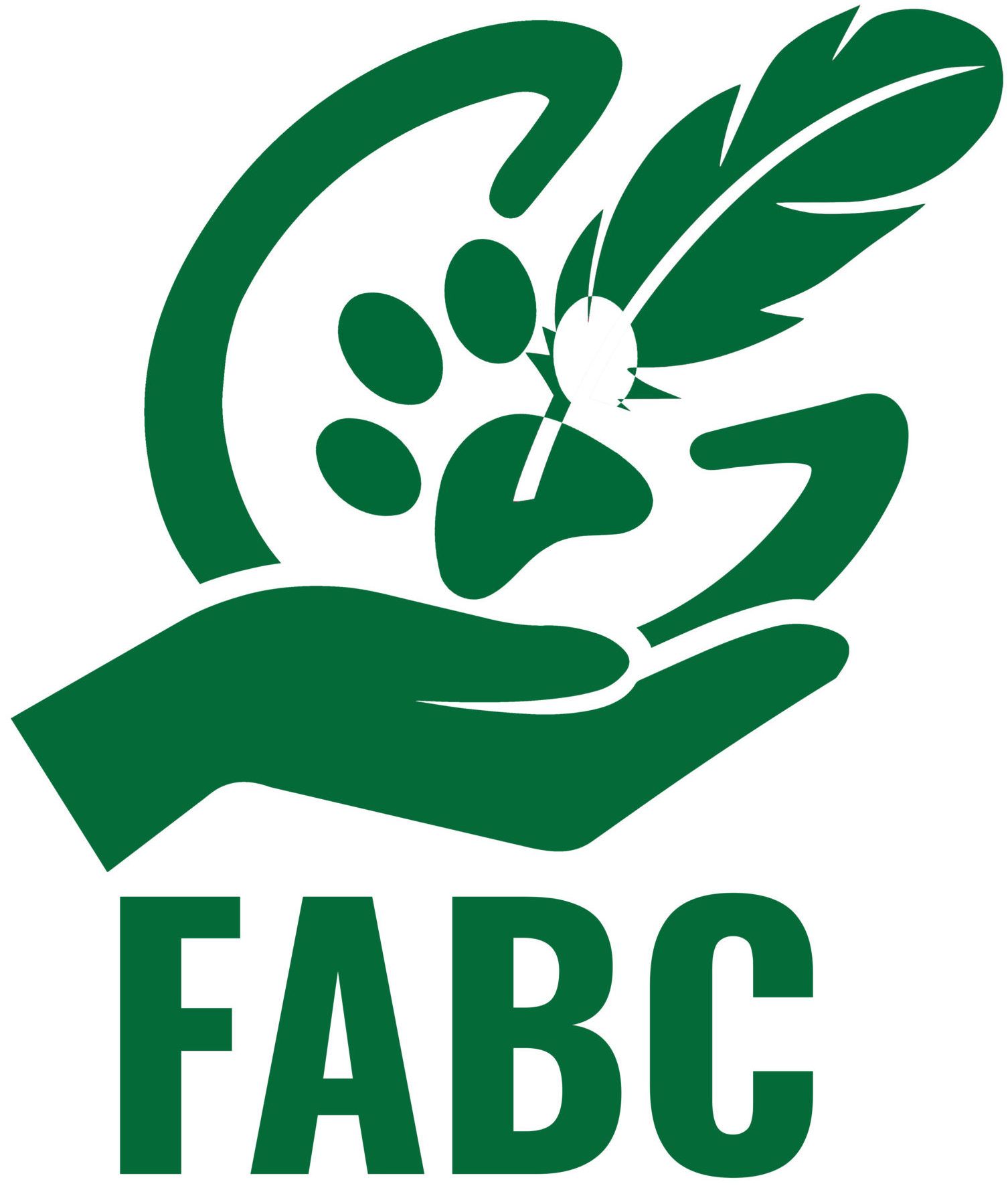Puppy sleep
Here are some considerations for sleep in your puppy. You’ve probably heard lots of advice about the best way to get your puppy off to sleep and what to consider and what to do so here are some top tips on sleep training your puppy.

Don't listen to advice that suggests letting a dog cry it out
This can increase their stress and is not recommended. It can mean that they find it harder to regulate and relax leading to separation related problems later on.
What are some top tips for a good night sleep?
Just like us, having a comfortable bed that is free from lots of distractions is important for a bedtime routine. Having the same routine each evening can help induce sleep as there is consistency and your dog knows what to expect. Placing a bed away from light and windows that may reverberate noise is important or else your puppy may wake from noise happening outside (foxes, loud wind, bin men).
Bathroom breaks
Physically, puppies have very small bladders so they will need to get up in the middle of the night to go to the bathroom. This will change as they get older and their bladders get bigger. If you do notice any changes in toilet habits in terms of consistency of stools or how often they are urinating this is important to mention to your vet incase there is any digestive issues they could be having.
Changes/looking at your puppy’s diet
Think about any changes there have been to your puppies diet. A puppies diet can have an effect on their behaviour if they are eating the wrong foods. Have you added in any new treats or chews? There are so many chews on the market it can be difficult to choose but avoiding any that have additives, by products and derivatives is important as these can make your puppy more hyper. Just like you would not give your child lots of sweets before bed don’t give your puppy a chew that is full of additives. Also consider when your puppies last meal is – they may need to go to the bathroom.
Routines
Think about when your puppies last walk is and the activities they have before bedtime. What time are they going to bed? Is this changing? If they go to bed earlier they are likely to wake earlier because of their circadian rhythms or simply because they need to go to the bathroom.
Activities to calm your puppy before bed
Do they have the chance to have calming activities such as seeking out treats or enjoying a licky mat, or do they have more high impact activities such as running, walking or playing with toys that fall on the floor and make a noise? The latter activities could hype a puppy up.
If you are struggling with your puppy’s sleeping habits please reach out to me for support. We talk about sleep a lot on our Polite Pup Club.
